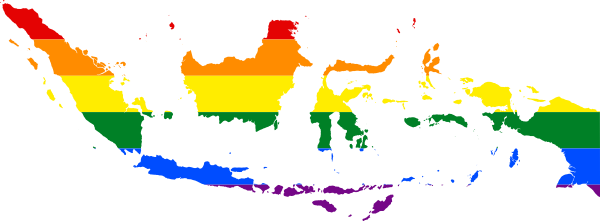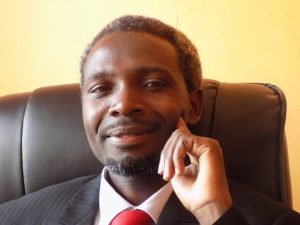By Gayatri Suroyo and Charlotte Greenfield
BANDA ACEH, Indonesia/JAKARTA, Dec 28 (Reuters) – Overwhelmed by fear, members of the main gay rights group in the Indonesian town of Banda Aceh started burning piles of documents outside their headquarters in late October, worried that the sharia police would raid them at any moment.
Indonesia’s northernmost province of Aceh had weeks earlier passed an anti-homosexuality law that punishes anyone caught having gay sex with 100 lashes. Amnesty International criticized it, saying it would add to a climate of homophobia and fear.
“We are more afraid, of course,” said a 31-year-old transgender person who, along with three other members of the lesbian, gay, bisexual and transgender (LGBT) group, Violet Grey, burned the pamphlets, group records and other papers.
“As an institution, Violet Grey went as far as removing all documents related to LGBT. We burned them all,” said the group member, who declined to be identified out of fear of being arrested.
The province’s tight-knit gay community, estimated by some at about 1,000 people, has become increasingly marginalized since Aceh was allowed to adopt Islamic sharia law as its legal code.
Aceh was granted special regional autonomy as part of a 2005 peace agreement ending a three-decade old separatist insurgency.
After the anti-homosexuality law was passed in September, Violet Grey began warning its 47 members to keep a lower profile and for gay and transgender people to avoid going out together as couples in public.
No one has been arrested under the law, which Aceh officials say will not be enforced until the end of 2015 to allow residents time to prepare for it. But this has not eased the fear in the gay community.
Even before the law, life was not easy for gay people in the most religiously conservative part of Indonesia, the north of Sumatra island where Islam first arrived in the archipelago.
The gay community is a target of regular harassment from sharia police and residents. Transgender people are particularly vulnerable because of the difficulty of concealing themselves in public.
In 2011, a transgender make-up artist was stabbed to death in Banda Aceh after she held up a stick in response to a man’s taunts.
OTHER PROVINCES TO FOLLOW?
Aceh authorities defend the law, saying it does not violate human rights because gay people are free to live together but just can not have sex.
The law also sets out punishment for various acts apart from gay sex including unmarried people engaging in displays of affection, adultery and underage sex.
“It is forbidden because in the sharia context, the act is vile,” Syahrizal Abbas, the head of Aceh’s sharia department, which drew up the law, told Reuters.
“It brings unhealthy psychological impact to human development, and it will affect the community.”
Outside Aceh, Indonesia is generally tolerant of gay people, particularly in urban areas like Jakarta.
Engaging in homosexual acts is not a crime under Indonesia’s national criminal code but remains taboo in many conservative parts of the country, which has the world’s largest Muslim population.
Gay rights groups fear other conservative provinces, such as South Sumatra and East Java could follow Aceh’s lead if Indonesia’s new president, Joko Widodo, does not step in and overturn the law.
Widodo’s administration is reviewing the law to see whether it violates human rights but it can only request changes and cannot overturn it, said Teguh Setyabudi, the home ministry’s head of regional autonomy.
The Violet Grey member hopes the law will eventually be overturned so she can walk home without watching her back in fear.
“Being like this is our fate, not a choice,” she said.
“What makes people wearing a jilbab and peci feel so righteous that they can condemn other people as sinful?” she asked, referring to a woman’s veil and a traditional Muslim cap worn by men.
(Additional reporting by Reza Munawir in Banda Aceh; Editing by Randy Fabi and Robert Birsel)
Originally posted HERE




